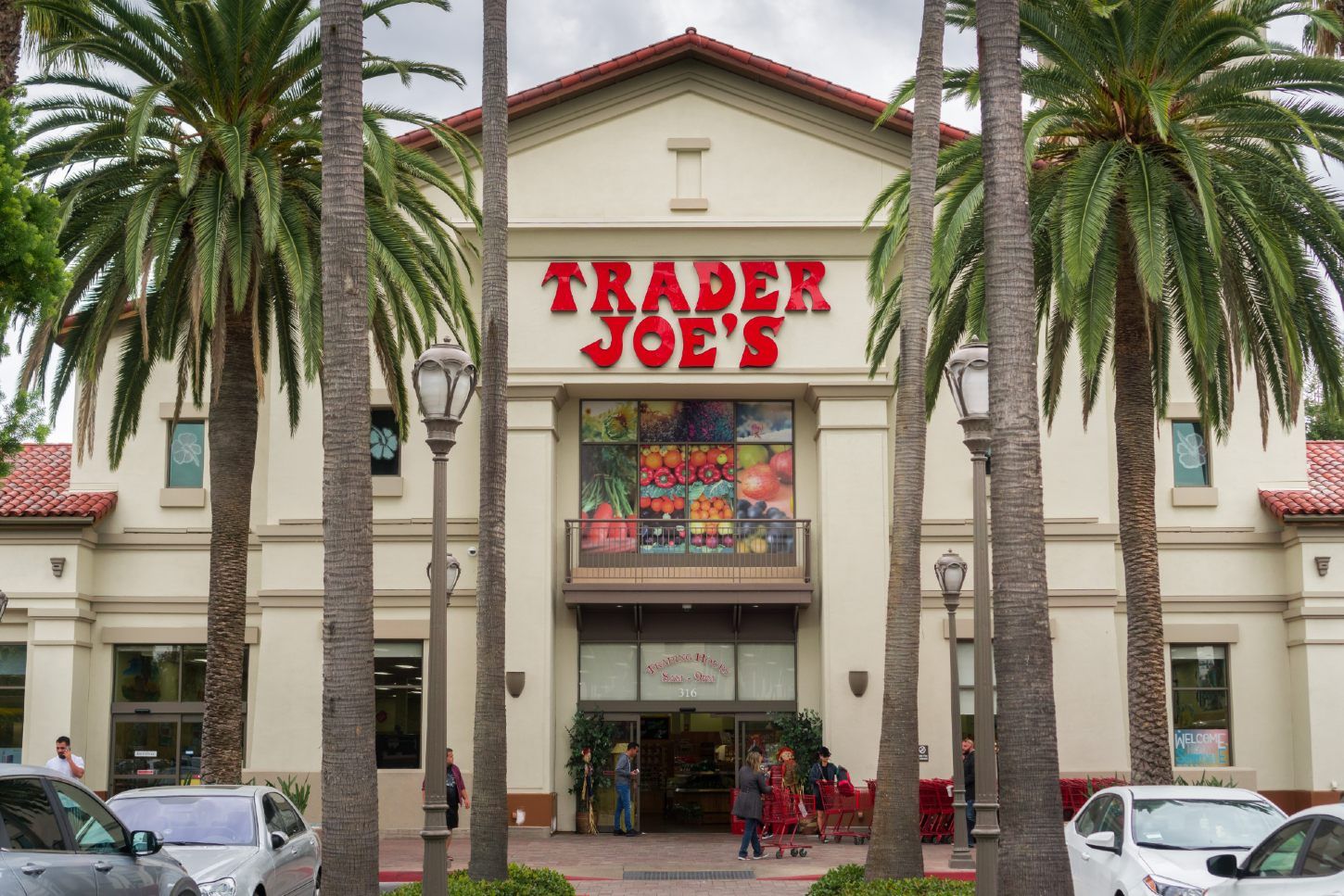Top Class Actions’s website and social media posts use affiliate links. If you make a purchase using such links, we may receive a commission, but it will not result in any additional charges to you. Please review our Affiliate Link Disclosure for more information.
Trader Joe’s has announced it will change the branding of its ethnic foods following complaints of racist practices in its marketing.
The change was called for in an online petition posted by 17-year-old Briones Bedell of California.
“The Trader Joe’s branding is racist because it exoticizes other cultures — it presents ‘Joe’ as the default ‘normal’ and the other characters falling outside of it,” the Change.org petition said. About 3,600 people had signed the petition as of midday Tuesday.
The branding in question includes product names such as Trader Ming’s, Arabian Joe’s, Trader Jose’s, Trader Giotto’s and Trader Joe San.
In a statement released by Trader Joe’s, the company acknowledged its approach to naming products was “rooted in a lighthearted attempt at inclusiveness,” but “… may now have the opposite effect,” the L.A. Times reported.
“We made the decision several years ago to use only the Trader Joe’s name on our products moving forward,” Trader Joe’s spokesperson Kenya Friend-Daniel said in an email to NPR. She said the company “had hoped that the work would be complete by now but there are still a small number of products going through the packaging change and we expect to be done very soon.”
Bedell’s petition alleges Trader Joe’s “takes pride in the fact that the founder, Joe Coulombe, took inspiration in building the Trader Joe’s brand from a racist book and a controversial theme park attraction, both of which have received criticism for romanticizing Western Imperialism and fetishizing non-Western peoples.”
Coulombe founded Trader Joe’s as a “small, nautical-themed market” in South Pasadena, Calif., in 1967, according to CNN. Today the chain has nearly 500 stores throughout the United States. Coulombe died Feb. 28 at age 89.
The “racist book” the petition refers to is “White Shadows In the South Seas,” according to Trader Joe’s website. The book, published in 1919, was written by Frederick O’Brien.
The book “demonstrates the horrific legacy of trading companies as they exploited and enslaved the South Pacific in the late 19th and early 20th centuries,” Bedell maintains in her petition. “Many of these regions are still at a disadvantage today because of how traders ravaged their peoples, their societies, and their natural resources.”
Bedell’s petition acknowledges the story “calls out the abuses of trading companies,” yet “perpetuates other racist tropes such as that of the ‘noble savage’ and ‘white god’ narratives” common during the period in which the book was written.
In spite of all this, the petition says, “Trader” remains part of the grocery chain’s name, bringing into question what it was about the book that inspired the company’s founder.
The “controversial theme park attraction” cited by Bedell is Disneyland’s Jungle Trip ride, according to the Trader Joe’s site.
The petition says the ride has been criticized for “misappropriating Indigenous culture and perpetuating stereotypes of native people as primitive and savage.”
During the ride, animatronic people perform a dance, play music and threaten “violence toward visitors,” according to the petition.
“Given the extensive history of ‘human zoos’ in the United States, this attraction is unacceptable. … What in particular about this theme park ride inspired the company?” the petition questions.
Bedell told the L.A. Times she and her family have stopped patronizing Trader Joe’s for the time being. Though she is encouraged by the company’s response to her petition, she says she would like to see Trader Joe’s commit to a timetable for the products’ removal.
Other major companies have recently announced steps to removing racial or other stereotypes from their branding in light of the growing public awareness of racial inequality following the death of George Floyd. Floyd died in late May after a Minneapolis police officer knelt on his neck for nine minutes.
Quaker Oats announced in June it would retire the 130-year-old Aunt Jemima brand and logo; Uncle Ben’s and Mrs. Butterworth’s made the same decision shortly after.
Earlier this month, the Washington Redskins, whose name has been controversial for some time, announced it would change its team name. The new name has yet to be announced.
And in April, even before Floyd’s death and the ensuing protests, Land O’Lakes removed the image of a Native American woman from its logo, Today reported.
Bedell acknowledged her Trader Joe’s complaint is relatively minor compared to issues of police brutality, but told the L.A. Times the current climate of activism is the right time to raise questions of “microaggressions” that can lead to greater harm.
Read About More Class Action Lawsuits & Class Action Settlements:
Black Manager, Job Applicants File Race Discrimination Claim Against Facebook
Assemblers Class Action Says Company Discriminates Against Black People
ATTORNEY ADVERTISING
Top Class Actions is a Proud Member of the American Bar Association
LEGAL INFORMATION IS NOT LEGAL ADVICE
Top Class Actions Legal Statement
©2008 – 2024 Top Class Actions® LLC
Various Trademarks held by their respective owners
This website is not intended for viewing or usage by European Union citizens.

















19 thoughts onTrader Joe’s to Drop Offensive Branding After Student Petition Gains Traction
Please Add me
Please add me
Please add me
Please add me.
Please add me thanks Jill Kramer
Add me